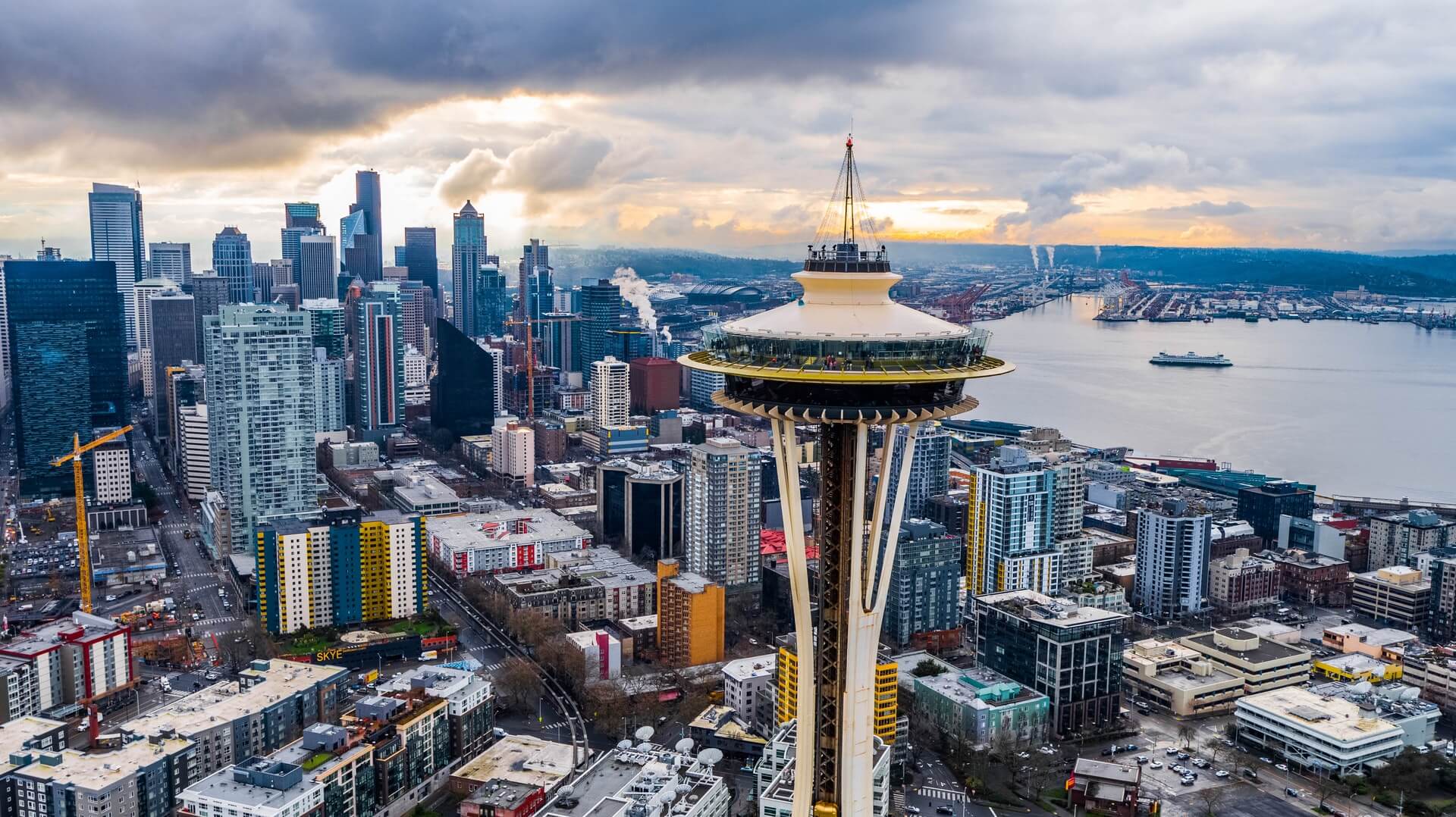
primer domain was triggered too early. This is usually an indicator for some code in the plugin or theme running too early. Translations should be loaded at the init action or later. Please see Debugging in WordPress for more information. (This message was added in version 6.7.0.) in /home/ikq167bdy5z8/public_html/propertyresourceholdingsgroup.com/wp-includes/functions.php on line 6114
On 7 April 2020, the Federal Emergency Management Agency filed a temporary final rule (Rule) in the Public Inspection issue of the Federal Register to establish export restrictions on certain types of personal protective equipment products (PPE Products) used in the response to the COVID-19 pandemic. The Rule became effective immediately upon filing in the Public Inspection issue and will remain in effect for 120 days from its publication, i.e., until 8 August 2020.
On 7 April 2020, the Federal Emergency Management Agency (FEMA) filed a temporary final rule (Rule) in the Public Inspection issue of the Federal Register to establish export restrictions on certain types of personal protective equipment products (PPE Products) used in the response to the COVID-19 pandemic. The Rule implemented the order via Presidential Memorandum (Order) dated 3 April 2020, in which the President directed the US Department of Homeland Security, of which FEMA is a part, to take action under the Defense Production Act (DPA) to prevent diversion of the needed materials overseas.
Yes. Although the rule was not be published in the Federal Register until 10 April, it became effective immediately upon filing in the Public Inspection issue. The Rule will remain in effect for 120 days from its publication, i.e., until 8 August 2020.
The PPE Products covered by the Rule are the same as those addressed in the Order. They are 5 of the 15 categories of materials that had been identified as “scarce or threatened materials” by the US Department of Health and Human Services (HHS) in a notice issued on 25 March 2020. Specifically, the PPE Products are:
As noted in our previous blog post, the Order (and thus the Rule) does not include the other materials that HHS has identified as “scarce or threatened materials,” which could be targeted in future actions. That includes, among other things, drug products with the active ingredient chloroquine or hydroxychloroquine HC1; ventilators and related materials; certain sterilization services; certain sanitizing and disinfecting products; and medical gowns or apparel.
Not necessarily, but all shipments of the PPE Products will be temporarily detained by US Customs and Border Protection so that FEMA can determine whether to: (1) return the shipment for domestic use (i.e., prohibit the export); (2) issue a rated order under the DPA (i.e., FEMA would place an order to purchase the products itself, and the seller would be required to prioritize FEMA’s order); or (3) allow the export of part or all of the shipment.
In reaching a determination about a particular shipment, the Rule states that FEMA will consider the totality of the circumstances, including the following factors:
Anyone involved in an export of PPE Products from the United States must comply with the Rule. This includes manufacturers, brokers, distributors, exporters, and shippers.
There is a narrow exemption for shipments by or on behalf of US manufacturers with continuous export agreements with customers in other countries since at least 1 January 2020. However, this exemption only applies to US manufacturers with a track record of distributing at least 80% of their supply of the PPE Products, on a per item basis, in the United States during the 12 months. The Rule notes that FEMA may develop additional guidance about this exemption, encouraging manufacturers to contact FEMA with specific information about their status under the exemption.
Section 103 of the DPA provides for monetary penalties of up to USD 10,000 and/or imprisonment for no more than one year. In addition, under 18 U.S.C. § 554, anyone who fraudulently or knowingly exports anything from the United States contrary to US law, or who facilitates such a transaction, can face fines and/or up to 10 years’ imprisonment.
The US Government may issue further guidance about these DPA developments in the coming days. Baker McKenzie is actively monitoring any further guidance or development on these issues.